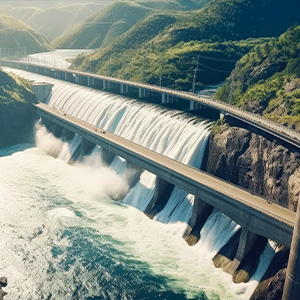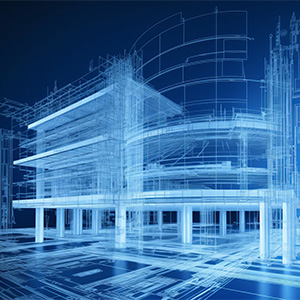DICAM Development Goals
The goals of DICAM-EXC are a natural continuation of the activities of DIP-ECC18-22 in the scientific areas of WATER ENGINEERING and SOLIDS AND STRUCTURAL/INFRASTRUCTURAL SYSTEMS MECHANICS to overcome critical issues and seize highlighted opportunities. The development objectives, which cover three main areas, are focused on:
I. Development of scientific research and strengthening of research infrastructure.
II. Innovation in second-level education through new English-language paths, new double/triple degree teaching initiatives, and the development of multidisciplinary skills. In addition, the employment in third-level education of innovative tools such as technology-enhanced active learning, activity-based learning, virtual labs, and 3D prototyping.
III. Active interaction of DICAM with the international society in a process of evolution based on the enhancement of knowledge (new entrepreneurship, third-party activities), sustainable growth of emerging countries, and in vulnerable conditions (support for students and teachers at risk).
2. Research topics
Water Engineering and Mechanics of Solids and Structural/Infrastructural Systems represent the thematic areas in which DICAM intends to continue to express its scientific qualification at the international and national levels. These thematic areas remain of strategic interest in relation to research and innovation policy scenarios such as Horizon Europe, European Green Deal, PNRR and the University Strategic Plan.
2.1. Water Engineering
The line of departmental research development in relation to Water Engineering is framed on priority themes of Excellent Science, Global Challenges, and European Industrial Competitiveness of the Horizon Europe program, the climate change areas of the National Research Plan, and Mission 2 C4, "Protection of Land and Water Resources" of the NRP, the achievement of the European Green Deal strategies, the protection of biodiversity, and ensuring optimal use of water body resources for society, which DICAM-EXC aims to promote through significant research advancement along three main lines:
1) Processes predominantly related to the quantity of the resource: analysis and prediction of extreme events (floods and drought phenomena), and more generally of the availability of the water resource in relation to the anthropogenic use of territories, under scenarios of climate change.
2) Processes mainly related to the quality of the resource: effect on the ecosystem and human health of nutrient and toxic releases, from classical to emerging organic contaminants.
3) Supporting the development of sustainable management solutions: study of the interaction between human activities and aquatic systems.
2.2. Mechanics of solids and structural/infrastructural systems
The proposed scientific development in the Mechanics of Solids and Structural/Infrastructural Systems hinges on priority themes of Excellent Science, Global Challenges and European Industrial Competitiveness, actions of the Horizon Europe program and Mission 4 (Education and Research) and Component 2 (from Research to Enterprise) of the NRP. In this scientific area, DICAM-EXC will support national and international research along three main lines:
1) Nanomechanics and bioinspired materials.
2) Advanced materials and multifunctional metamaterials capable of withstanding extreme stresses and/or with new functionalities.
3) Reliability of complex structural and infrastructure systems including geotechnical systems, and Life Cycle Assessment (LCA).
Contacts
DICAM - Department of Civil, environmental and mechanical engineering
Via Mesiano, 77 - 38123 Trento
tel. +39 0461 281927 - Research Project's Support Office
e-mail: dicam [at] unitn.it


